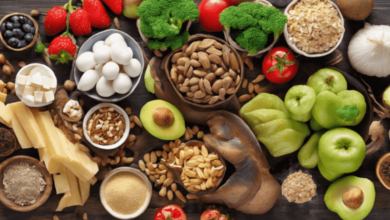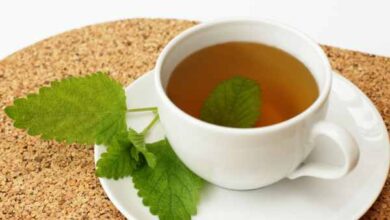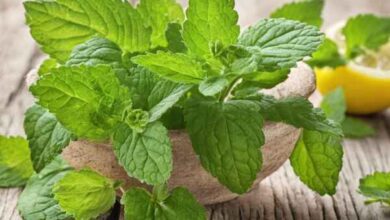14 Foods You Didn’t Know Could Kill You
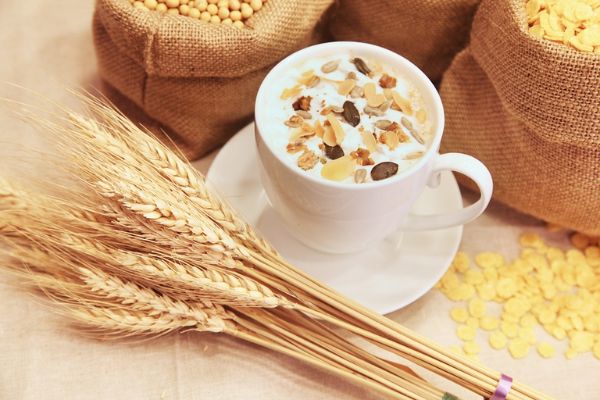
Sure, it tastes good, and it sure boosts dopamine generation in your brain, however, these foods are slowly killing your body.
Risks of consuming them frequently include obesity, high blood pressure, Alzheimer’s, diabetes, heart disease, high cholesterol, and also cancer. Find out more here about the very worst offenders.
14. Deli Meats

Deli meats and processed meat of any type (especially hot dogs) are dangerous due to the way they’re preserved.
Chemical additives, sodium, and nitrates help them to keep longer and provide a good color, but are no good for your body.
Risks include cancer, diabetes, heart disease, as well as behavioral problems and learning difficulties in children. It is a good idea to minimize the amount of meat in our diet plans in general, also to get what we do eat from the local butcher rather than a supermarket.
13. Fast food

Fast food is really convenient: in the early morning when you are late for work, at lunchtime if you just have a few minutes, or for dinner when you are actually tired. But consider that it might actually be the fast food that is making you too exhausted to deal with home cooking.
Packed with trans fats, sugar, salt, preservatives, additives, dyes, and other chemicals, there is little that’s redeeming about it. An excessive amount can greatly increase risk of diabetes, metabolic disorders, mood disorders, cardiovascular disease, weight gain, and cancer.
We understand that it is a tough habit to break, however. Look at some copycat recipes covering your favorite fast foods treats that may be made in your own home – you will have far better awareness and control of the components used
12. Vegetable Oil

You would assume that vegetable oil is healthy according to its source, but once more, it is the processing that makes it dangerous. Oil can’t be extracted naturally from veggies, but rather goes through a process that hydrogenates the end product.
Hydrogenated oils come with trans fats that could result in cardiovascular disease, cancer, obesity, as well as Alzheimer’s disease. Vegetable oil is in all sorts of baked products and packaged foods, therefore limiting these will immediately help lower your consumption. Better choices can be used at home include olive, coconut oils, and avocado .
11. Canned Tomato
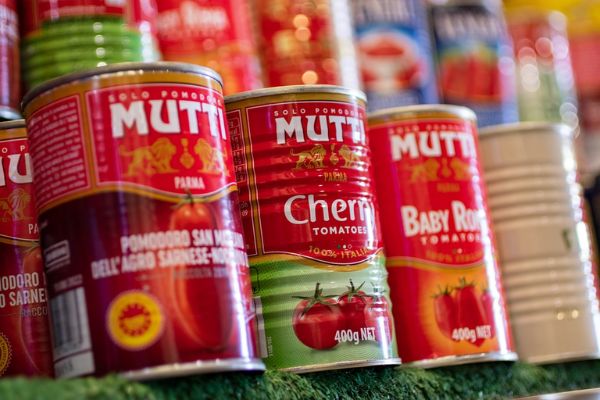
Sauce Spaghetti sauce in a can or jar is a truly helpful shortcut in the kitchen, however, it is usually packed with sodium and sugar, as well as chemical preservatives. It is too bad, because tomatoes on the whole come rich in vitamin C and antioxidants.
Making sauce at home could be an incredibly rewarding experience, and it is not difficult to make and can multiple batches at once. If that’s not your thing, check the labels at the shop and try things out with brands that have less of the bad stuff. These efforts can stave off obesity, heart disease, diabetes, and also tooth decay.
10. White Bread

Whole grains are important for optimal health, but refined white grains have been removed of all the nutritional value. The processing lays waste to the grain ‘s minerals, vitamins, and natural fiber, and then it is additionally blasted with chlorine gas to get that great white color.
Products made with the stuff, most particularly white bread, simply spike your blood glucose and can lead to extra weight plus thyroid and organ damage. Diabetes is also possible if you live in a state of chronic high blood glucose.
9. Margarine
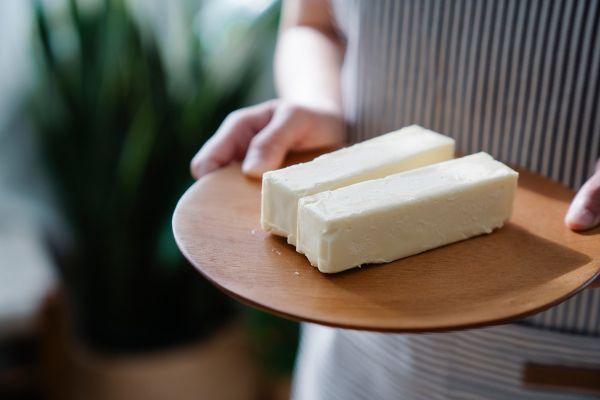
Margarine was a product originally produced as a healthier substitute for butter, but actually it is the actual opposite. Made with hydrogenated veggie oils, it is generally pure trans fats that will harm your heart as well as blood vessels, and increase your cholesterol levels.
Real butter in moderation is really the much better choice between the two. We recommend utilizing olive or avocado oil as an alternative wherever possible, however. It may be flavored with garlic and also herbs to develop a truly pleasing taste in spread or dishes on whole grain bread.
8. Sodas
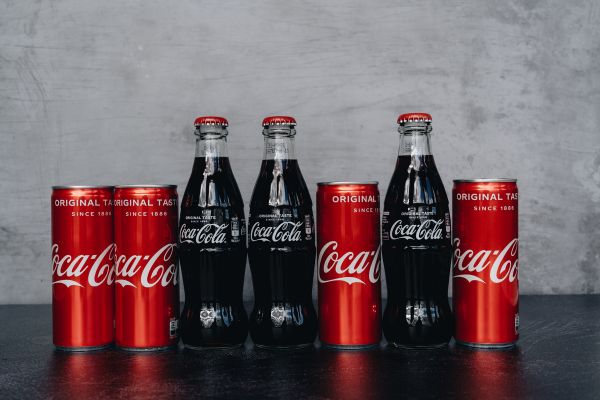
Many people depend on soda for an energy boost when they are flagging – the mix of sugar and caffeine sure should open your eyes, but just for a short while before the inevitable crash.
Sodas moreover possess a great deal of food dyes and preservatives that are known to affect your hormones. Unfortunately, diet sodas are no better since they depend on chemical sweeteners, the safety of that is definitely questionable.
Furthermore, the empty calories in soda don’t allow you to really feel full, therefore you are more likely to overeat later. It is advisable to get your caffeine coming from sources as tea and coffee, which also provide additional health benefits. Sparkling water flavored with homemade fruit juice is a great alternative if it is the bubbles you crave.
7. Potato Chips

Foods that are prepared to a higher temperature, as in the case of frying, have a carcinogenic substance known as acrylamide. Acrylamide can raise your risk of cancers of the colon, prostate, breast, and rectum.
Potato chips have this deadly substance in addition to way more fat and salt than you actually need in one day, not to mention artificial preservatives and colorings. Oven baked potato fries, produced with olive oil, herbs, and a pinch of salt, are a delicious option.
6. Breakfast Cereal

Breakfast cereals benefit from powerful advertising methods, especially aimed at children. And of course kids love them since they are favorably brimming with sugar.
Add to that the refined cereals, artificial color, as well chemical additives, and there is little nutritional value there, whether or not the box declares it is “fortified.” Regular old oatmeal sprinkled with nuts, dried fruit, or maybe honey can be a lot more filling and also keep you being strong until lunch as well.
5. Bottled Salad
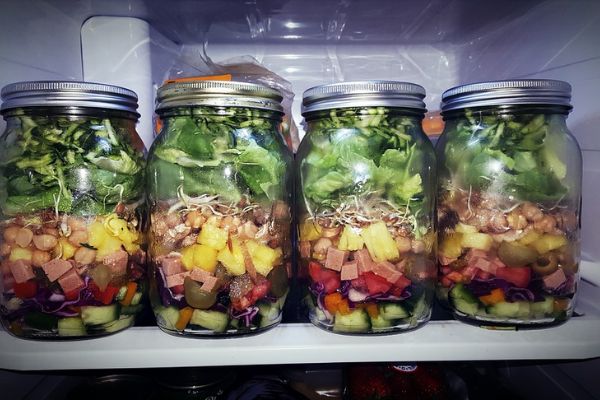
Blessings Commercial salad dressings appear to be harmless enough, though they are loaded with high fructose corn syrup. Excessive fructose does a number over the liver, which is forced to process it before it could be used as fuel for cells.
When excessive hits at once, a lot of it gets turned to fat. Salad dressings in addition depend on a lot of chemical colorants to help keep the product looking attractive, such as titanium dioxide, a chief component in sunscreen. Luckily, salad dressings are very easy to make at home.
4. Dairy

We all begin life depending on our mother ‘s milk or maybe a dairy-based formula, but as we grow, our demand for it declines. Some people get lactose intolerance as they age, but even if you are able to drink milk and eat cheese with no discomfort, it is actually not an essential component in an adult’s diet.
Dairy products have been linked with migraines, low nutrient absorption, asthma, allergies, arthritis, and also cancer.
Although it can be hard to get rid of all dairy, you can create a good difference by changing to coconut or almond milk for your cereal, skipping away on condiments you truly don’t need like sour cream, and scaling back again on the amount of cheese that goes into your recipes.
3. Artificial Sweeteners
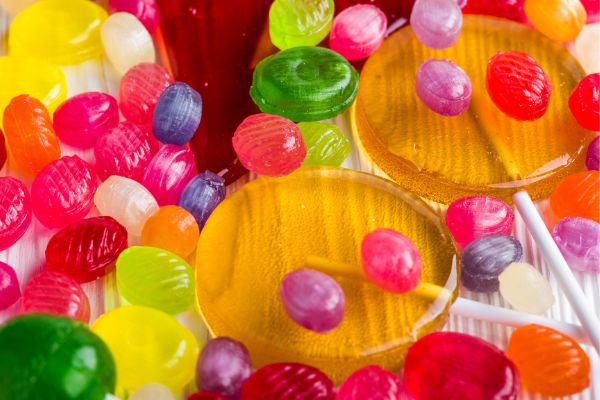
Though artificial sweeteners do contain fewer calories than sugar, they are no much better for your body.
The safety of chemical sweeteners as aspartame, acesulfame potassium, and neotame are hotly contested and also, like sugars, are known to up your risk of diabetes, high blood pressure, cardiovascular disease, and metabolic syndrome.
You will find far better alternatives to both sugar and artificial sweeteners, including honey, maple syrup, and agave syrup.
2. Alcohol
Another product about which there is a great deal of debate is alcohol. Industry experts agree that drinking to excess is dangerous. Not only is alcohol pretty rich in empty calories, but excessive use can cause dehydration, skin problems, depression, weight gain, and liver damage.
Plenty of harm has come to people as a result of accidents and poor choices while under the influence, also. The argument for the benefits of drinking a moderate amount of alcoholic beverages appear to center around red wine, which contains a heart-healthy antioxidant known as resveratrol.
But, red grapes likewise contain resveratrol, so you don’t have to drink alcohol to get it.
1. Microwave Popcorn

Movie nights could be a cherished family tradition, and also almost nothing goes better with a film than popcorn. In its natural form, popcorn is really quite a healthy snack. But microwave popcorn is a cancer-causing disaster because the bags are usually lined with a chemical known as PFOA, which leaches into the popcorn as it cooks.
Popcorns that use diacetyl in their “butter” flavoring also put consumers at risk. Although the majority of manufacturers have eliminated diacetyl from their products, some advocates complain that the ingredient used to replace it is generally the same thing under an alternative name.
Instead, enjoy your popcorn air popped as well as dressed with olive or avocado oil that’s been flavored with your favorite spices and herbs.
Conclusion
There is no getting around the reality that most packaged food is an all-out assault on human health. It is inexpensive, convenient, and quick, but really not well worth the price when you factor in the health care costs. The much more you are capable to focus on whole natural foods, sourced from local responsible providers, the better off you will be.
